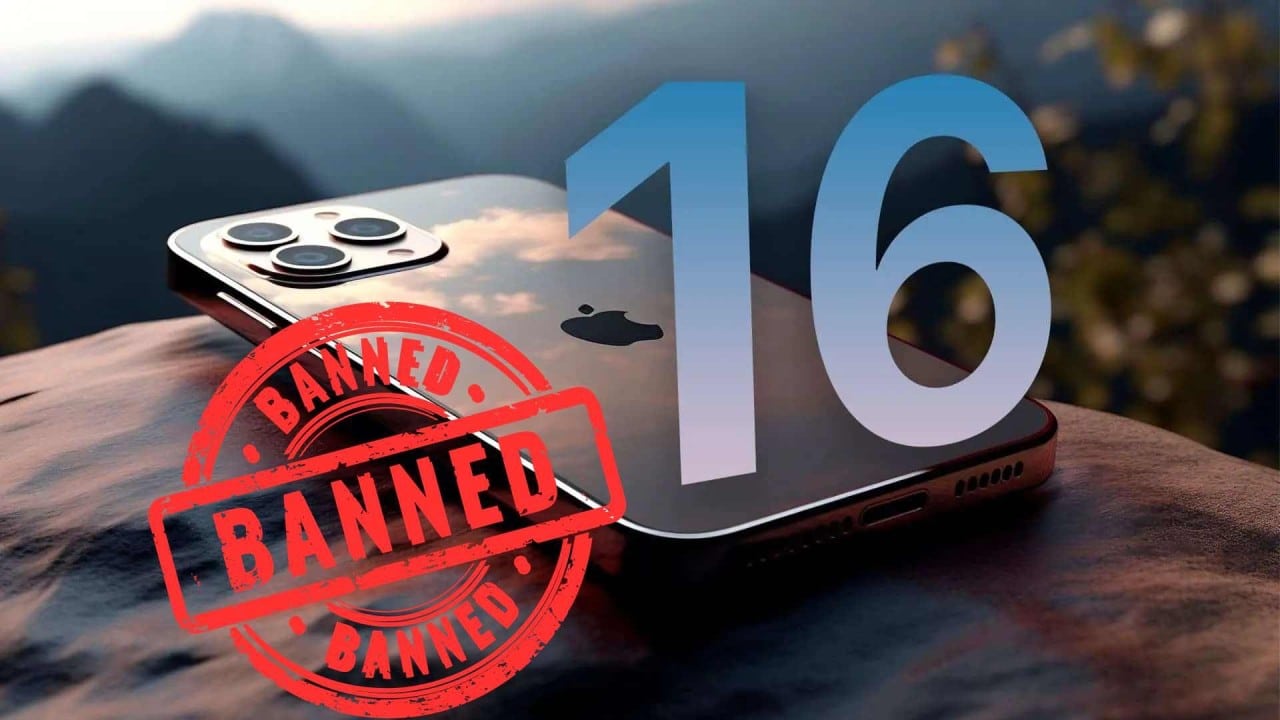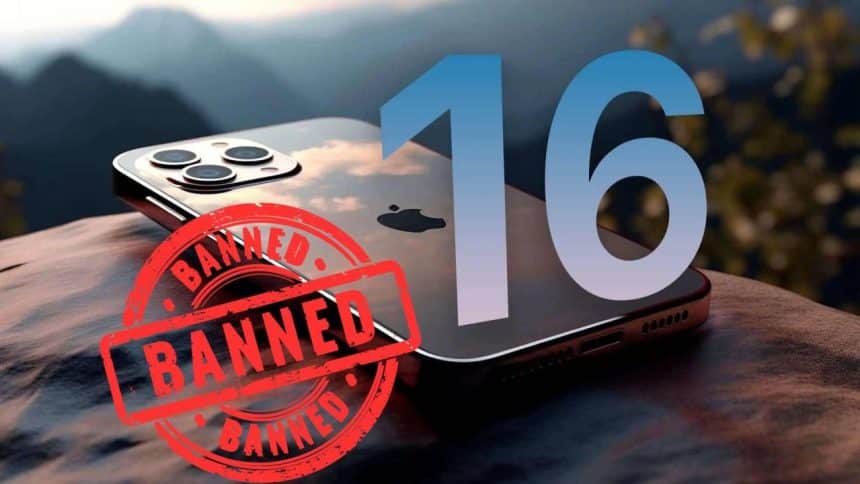Apple’s efforts to resolve its ongoing dispute with Indonesia have hit a roadblock. The government has rejected Apple’s latest $100 million investment proposal, keeping the ban on iPhone 16 sales in place. The issue stems from Indonesia’s strict domestic content regulations for smartphones.
Local Manufacturing Requirements at the Core
Indonesia enforces a law requiring smartphones to include at least 40% locally produced components. While companies can meet this requirement through innovation or investment, Apple’s previous efforts have fallen short. The tech giant’s earlier commitment of $109.6 million was not fully realized, leading to a ban on iPhone 16 sales on October 28, 2024.

In response, Apple offered an additional $10 million in November, followed by a more substantial $100 million proposal. However, Indonesia’s Industry Minister Agus Gumiwang Kartasasmita stated the government expects a greater commitment. The rejected proposal included plans for research and development centers and developer academies in Jakarta and Bali.
Calls for Deeper Manufacturing Ties
Government officials have urged Apple to expand its local manufacturing efforts. Suggestions include sourcing components from domestic suppliers, which could boost job creation and strengthen Indonesia’s economy. “This would create a multiplier effect, particularly in terms of labor absorption,” said government spokesperson Febri Hendri Antoni Arif.
Apple has previously considered Indonesia for manufacturing partnerships. In April 2024, CEO Tim Cook met with then-President Joko Widodo to discuss potential collaborations. While expressing interest, Apple has yet to meet the government’s expectations.
The Road Ahead for Apple in Indonesia
The ban highlights the challenges multinational corporations face when navigating local regulations. Apple’s inability to meet Indonesia’s demands could impact its market presence in Southeast Asia. Meanwhile, Indonesia remains firm in its commitment to enforce domestic production laws.
Apple’s ongoing negotiations may require a more comprehensive approach to address the government’s concerns. For now, Indonesian consumers eager to purchase the iPhone 16 will have to wait, as discussions between the tech giant and the government continue.












